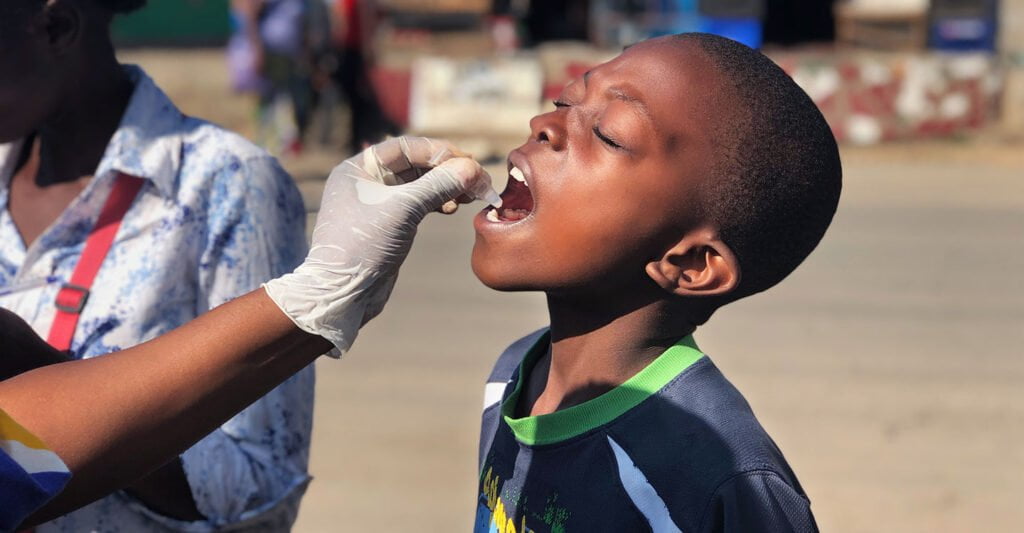The World Health Organization (WHO) announced on its website that Euvichol-S, a new oral cholera vaccine, has received prequalification.
The global health agency said the prequalification took place on 12 April, 2024.
WHO’s vaccine prequalification aims to guarantee the safety and efficacy of vaccines utilized in immunization initiatives.
By applying rigorous international standards, WHO thoroughly assesses and verifies the safety and effectiveness of vaccines during the prequalification process.
It also ensures the continued safety and efficacy of prequalified vaccines through regular re-evaluation, site inspection, targeted testing, and investigation of any product complaints or adverse events following immunization.
About the vaccine
The WHO noted that the inactivated oral vaccine Euvichol-S has a similar efficacy to existing vaccines but a simplified formulation, allowing opportunities to rapidly increase production capacity.
The development of Euvichol-S is a collaboration between EuBiologics, the International Vaccine Institute, and the Bill and Melinda Gates Foundation.
The Director of the WHO Department for Regulation and Prequalification, Dr Rogerio Gaspar said the new vaccine is the third product of the cholera vaccine family listed in WHO’s prequalification list.
Dr Gaspar expressed hope that the new prequalification would facilitate a rapid increase in production and distribution, meeting the urgent requirements of communities grappling with cholera outbreaks.
Cholera outbreak
In Nigeria, cholera is an endemic and seasonal disease, occurring annually mostly during the rainy season and more often in areas with poor sanitation.
There were 473,000 cholera cases reported to WHO in 2022 – double the number from 2021.
A further increase of cases by 700,000 was estimated for 2023. Currently, 23 countries are reporting cholera outbreaks with the most severe impacts seen in Comoros, the Democratic Republic of the Congo, Ethiopia, Mozambique, Somalia, Zambia, and Zimbabwe.
WHO said vaccines provide the fastest intervention to prevent, limit, and control cholera outbreaks but supplies have been at the lowest point amidst countries facing dire shortcomings in other areas of cholera prevention and management such as safe water, hygiene and sanitation.
Welcome development
Meanwhile, Gavi, the Vaccine Alliance, and the United Nations Children’s Fund (UNICEF) welcomed the news of the new vaccine.
The organizations in a joint statement said the prequalification of the new product would help EuBiologics, the manufacturer, to produce more volumes of vaccine, faster, and at a lower cost – a key step to expanding supply amidst the ongoing acute global upsurge of cholera outbreaks.
They said the approval would help increase the overall supply of OCV available in 2024, with approximately 50 million doses now forecasted to be available to the global stockpile this year, compared to 38 million in 2023.
Leila Pakkala, Director of UNICEF Supply Division, said despite cholera being preventable and easily treatable, children continue to suffer from the potentially fatal disease.
Ms Pakkala said UNICEF has already secured access to all the available doses of the just-approved vaccine and will deliver these to the countries at the highest possible speed.
“The approval means that UNICEF can increase the procurement and delivery of cholera vaccines by more than 25 per cent, pushing back harder on deadly cholera outbreaks,” she said.


